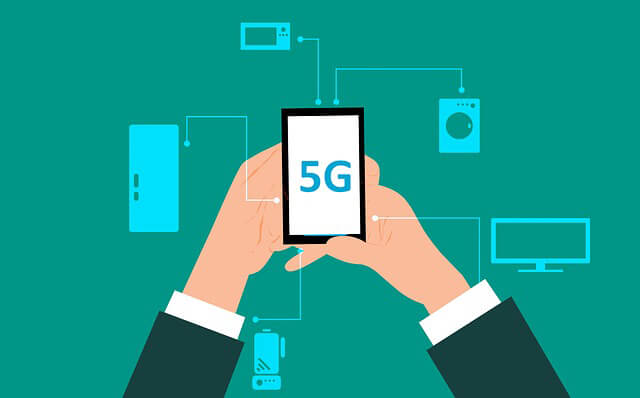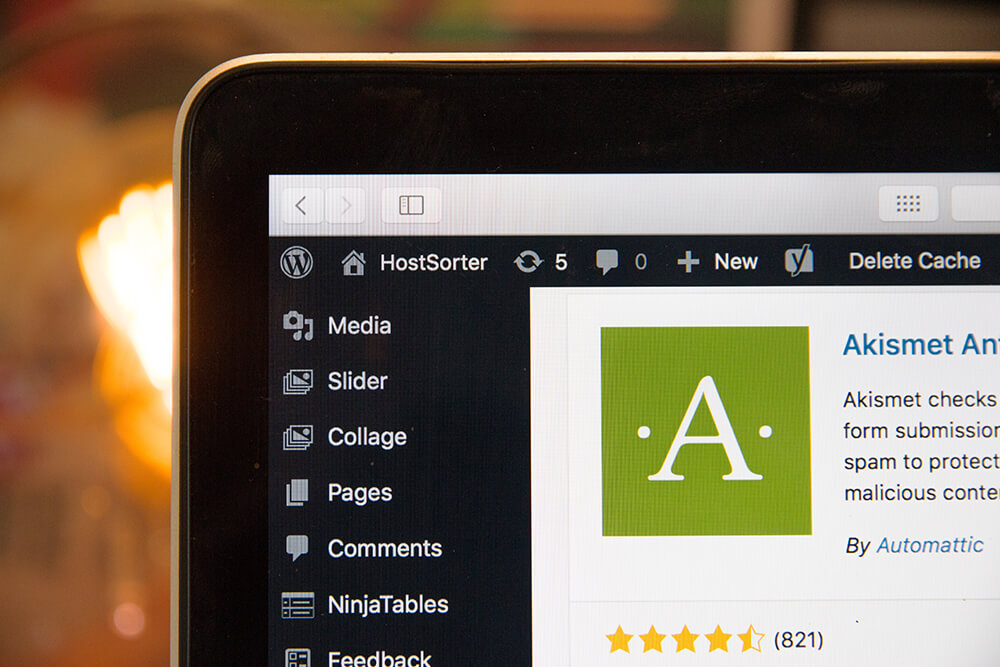As your business grows, you and your staff may find yourselves overwhelmed with the numerous spreadsheets, excel workbooks, and cobbled together databases you may have utilized to track your customers and relevant details about them. That is where a CRM can step in. A CRM – or Customer Relationship Management System – can be a fundamental tool for you in transforming your small business into a vibrant, growing enterprise, helping you retain your valued customers and grow as you increase the depth of your relationship with your customers and identify what marketing strategies work best for you.
What is a CRM?
A CRM is a one-stop-shop for small businesses to track your customers’ relationship with your brand, unifying customer service, marketing, and sales all on one platform. CRMs centralize all your customer information in one hub, such as past purchases, user behavior, contact information, or any other noteworthy attributes. CRM software can provide a wealth of benefits to small business owners – everything from organizing contacts, to automating key tasks, to providing easy-to-use templates for marketing campaigns.
Eventually, as your business expands, it will become impossible for you to manually input customer information, and there are severe limitations on evaluating analytics manually.
A CRM can do the analytic heavy-lifting for you by not only consolidating your information in a more easily accessible and intuitive manner, but also by providing reports and data analytics that can help you drive more conversions. By obtaining information about your customers through their social media patterns, past purchases, or other considerations, a CRM can give you valuable insights to better improve your customer service and optimize sales relative to the customers’ unique interests.
In fact, according to Hubspot, 75% of sales managers say that using a CRM helps to drive and increase sales. Migrating your company’s data to a CRM platform will increase the strength of the relationship between you and your current and prospective customers, therefore building customer loyalty and driving more conversions. Here are just some reasons why you should get your small business set up with CRM software today.
Contact Consolidation
CRM software helps you store client information intelligently. Say goodbye to the days of random business cards, contacts exchanged on disparate emails buried deep in your inbox, and client names scribbled down on memo pads. Especially in small businesses, where members of your staff wear many different hats, it is easy for potential customers and clients’ contact information to slip through the cracks as you manage other day-to-day tasks your business requires. CRMs allow for you to store the contacts you already have and gather important information about your clients on a granular level, helping you pinpoint unique wants, needs, pain points, trends, and behaviors.
If your small business offers complex products, or your selling model is more long term, a CRM can be particularly useful to you for tailoring your products toward repeat customers. With intelligent features, CRM can allow you to store all of your contacts in one place.
Sophisticated CRM can also allow you to group your contacts into relevant groupings for marketing campaigns, targeting specific audiences in your contact database for different ad campaigns to ensure the best tailored marketing strategy for key demographics. You can group leads based on age, online activity (time spent on your site, social media posts, etc.), social media patterns, and customer data (like previously purchased products or support service tickets) and create custom email templates personalized for each customer group.
Analytic Data
One of the most appealing benefits of CRM software to small businesses are their impressive data and actionable analytic features. Many CRM services can provide you with automatic reports, and visual deliverables like graphs, charts, and dashboards can be much easier to glean quick insights from than making your own spreadsheets of customer data. A clear view of your business and how it stands through intuitive data visualization can help you decide which marketing strategies are working, and which aren’t, and you can adjust accordingly to save time and resources.
Better Internal Communication
Your customers will not be the only ones who reap the rewards of a CRM system. In fact, CRM can help improve your internal communication with your staff by keeping everyone on the same page. Many CRM systems allow you to communicate and collaborate with your team by centralizing all your information about customers. So, if one member of your team makes a strong connection with a customer and logs their information on the CRM, any other members of your team can easily retrieve that information through the CRM the next time they communicate with that same person.
Marketing Automation
Just because your business is small, it does not always follow that your tech needs are too. In 2021, most CRM software allows you to automate marketing tasks that may have been too difficult or costly for your business to achieve on its own. The software algorithms included in CRM systems allow you to launch mass marketing emails or automatic tasks based on certain conditions within your logged contacts. For example, if a list of your customers have not bought an item for you in a while, a CRM could help you automatically send coupon codes to this group of people to facilitate sales.
Increased Customer Support
A CRM can make it much easier for your customers to reach you if they have questions or concerns. Customer support is an important building block of any business, and the key to customer retention and brand loyalty.
CRM software stores all the relevant information you need about each one of your customers, including buying history, past support tickets, online history, order information, and any past interactions with your company to ensure that you can provide the best customer support possible for each user.
Maximize Efficiency and Profitability
The beauty of CRM software is that it can ensure that you keep your business’ staff lean, but still maximize efficiency and profitability in your small business. The right CRM can help you identify what parts of your marketing strategy are not working as well as others, and cut costs on elements that do not help you drive sales. By maximizing resources and providing robust features like the aforementioned marketing automation features, you can maintain a small staff and still provide excellent customer service, and CRM software can take over administrative tasks, record keeping, and following up with contacts. This can save you a tremendous amount of time and money.
Mobility
CRM systems can be accessed anywhere by your employees – via mobile phone, computer, tablet, etc. This allows for you to work on the go and quickly log a new customer interaction into the database. This can be particularly helpful if you happen to meet a new client when you’re not in your office – instead of waiting to input their information when you’re back at your desk, you can quickly log them into your CRM on the fly. You can manage reports, check inventory, and respond to customers anywhere, anytime.
Data Security
CRM systems can also allow you to avoid potential data breaches because centralized CRMs can allow you to store confidential customer information in a secure platform. It can also be advantageous to use CRMs to store customer information because it makes it easier for you to comply with data privacy laws – many CRMs allow you to collect and record opt-in consents from customers through Mailing Consent Lists, which will enable compliance with data privacy legislation like the CRPA. This allows your customers who want to receive marketing emails from you to opt-in to email blasts, and others who choose to unsubscribe to be undisturbed, elevating your brand’s reputation.
A CRM is not simply a tool to store all your contacts in one place. It can be a powerful marketing utility that can save your team time and money by automating menial tasks you may not have the resources to pursue. The powerful technological capabilities of modern CRMs will also arm your small business with the power to spin valuable customer data into conversion gold. There are a multitude of CRM software geared toward small businesses out there, such as Nimble, Hubspot, BenchmarkONE, Agile CRM, Zoho, Insightly, and Less Annoying CRM so it’s important to find out which system would be best for you.


